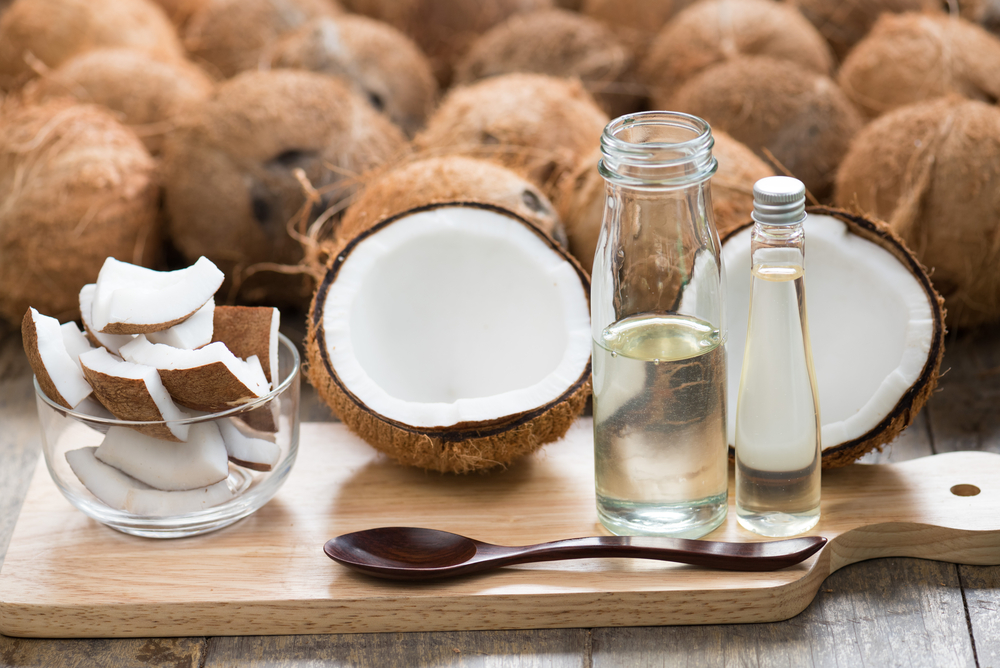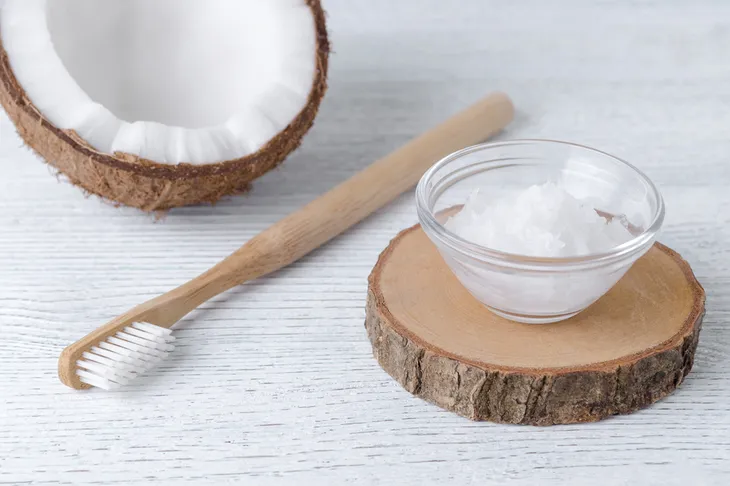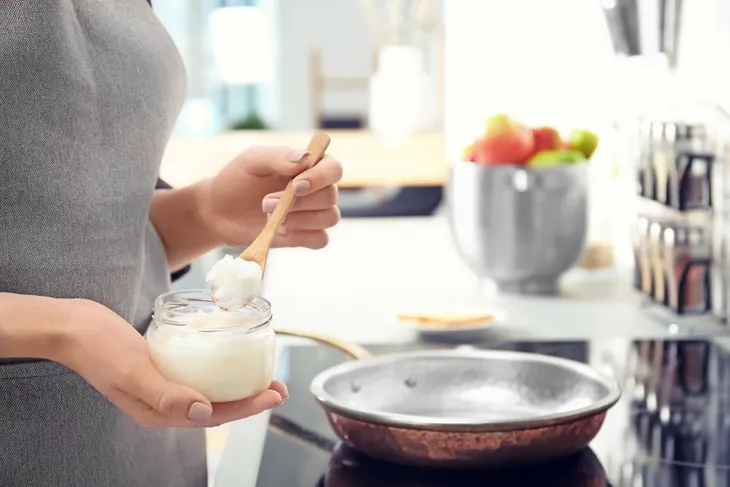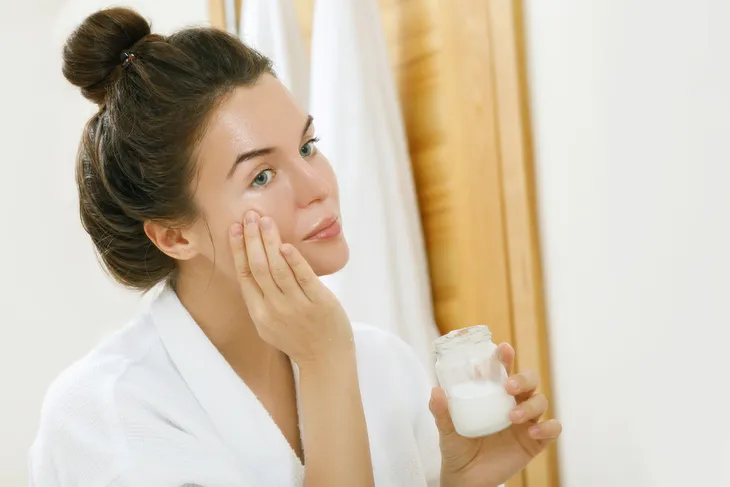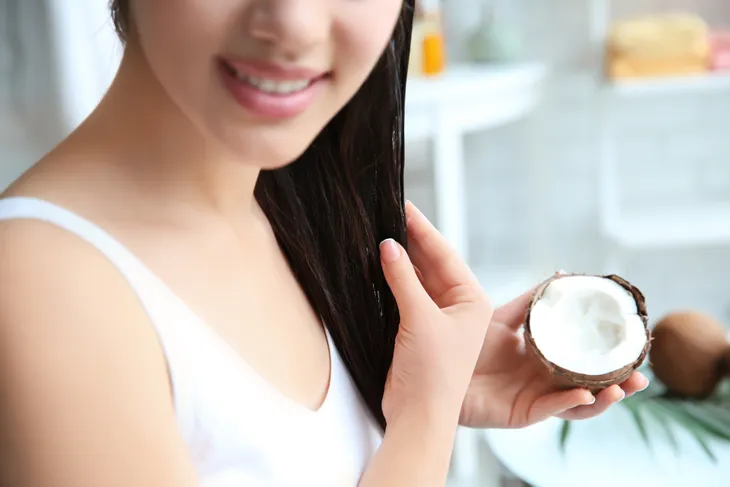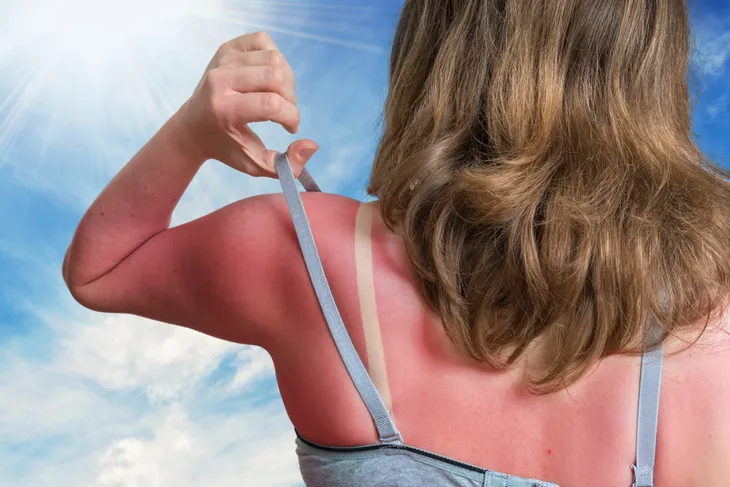There are many articles purporting the miracles that coconut oil can perform. For example, you may have read how it is a wonder weight loss cure, a fighter of Alzheimer’s, a replacement toothpaste, and an ointment for youthful skin (the list goes on).
Don’t get us wrong; we think coconut oil has its uses. However, using the product properly, in moderation and not treating it as an outright replacement for important elements of your diet and hygiene regime is still important to reap the benefits. Here are seven not-so-healthy ways to use coconut oil that you probably won’t find as many articles about…
It’s Not a Miracle Weight Cure
The Mayo Clinic says there have been a few “small studies” that look closer at the actual effectiveness of using coconut oil (which is high in calories and saturated fat) to shed pounds. This could also mean there haven’t been many studies proving weight loss effectiveness.
While the benefits of this oil for weight loss are almost considered gospel in diet circles, the clinic (backed by health professionals) says that while it’s true that use of coconut oil can actually trim an inch or two off your waist, “It doesn’t lead to significant weight loss or improved body mass index”. In fact, the high calorie count can do the opposite: trigger your body to store additional fat, adds the source.
It Won’t Cure a Lazy Thyroid
Your thyroid gland is one of the most important in your body for regular functioning. However, sometimes it can get out of whack and you’ll end up with something like hypothyroidism, which is the underproduction of thyroid hormone that regulates your metabolism. The end result is that you will feel run down and can start adding weight.
While coconut oil is believed to be a cure for this condition, the Mayo Clinic takes this one on as well: it notes that this myth arose years ago from a popular publication touting the benefits of the oil. However, “There is no evidence that coconut oil stimulates thyroid function,” notes the source, which points you to a doctor if you have associated symptoms.
It Won’t Save You Trips To The Dentist
Apparently many people are using coconut oil as toothpaste or mouth rinse substitute (with a technique known as oil pulling), because of its reported ability to kill bacteria while not containing fluoride. Proponents of this “natural” oral care approach believe that fluoride is poisonous, but as the Canadian Dental Association points out, the worst symptom of too much fluoride is fluorosis (small white specks on the teeth). Fluoride is also added to drinking water in many Canadian municipalities.
Meanwhile, the American Dental Association talks about the practice of “oil pulling,” which is swishing coconut oil in the mouth to kill germs and whiten teeth. However, the association says there is a lack of evidence (at least of as 2014) to support these benefits and that this is not recommended even as a supplement to standard oral care—namely brushing twice daily with fluoride toothpaste.
You’ll Need “Gall” to Use it Regularly
Some sources, including one Dr. Axe, give glowing reviews about the benefits of using coconut oil to reverse the symptoms of gallbladder disease or pancreatitis. It says because fats in coconut oil do not need enzymes from the pancreas to be processed by your body, “Taking coconut oil eases the strain on the pancreas.”
It calls coconut oil a “super fat” that has similar healing properties for the gallbladder, an organ that produces bile to break down fats. However, Livestrong.com warns that the fatty acids can lead to painful gallstones—and reinforces that coconut oil is high in fat. “There’s no specific amount or limit as to how much fat your gallbladder can handle at one particular time,” explains the source, which suggests limiting your intake of this oil if you insist on using it.
Face It—It’s Not the Best Skin Cleanser
While some people may swear by the use of coconut oil to take years off their face, other sources aren’t quite so glowing about it. The Epoch Times wrote a 2015 article aptly titled “Why I Stopped Using Coconut Oil on My Face” that explains in some detail what led to the decision to make the break.
The Times explains it’s a “warm and dry oil,” which means any skin condition related to inflammation—like acne, for example, could be made worse through using the oil. It’s large molecular structure means it’s not entirely absorbed into pores, which can lead to clogging. Coconut oil contains low levels of linoleic acid, and high levels are needed for proper absorption, explains the source.
Hair-Raising Revelations
While some websites swear that using coconut oil on the scalp (or ingesting it) will stimulate new hair growth within weeks in some cases, you may be heading down a disappointing path. Healthline says that the “short answer is: no” regarding whether it can revive the mop you took for granted as a teenager. “At this time, there are no studies from any credible sources that prove that coconut oil can restore your hair,” notes the source.
The site said if you’re…err…pulling your hair out about losing your hair, there are some “promising new drugs” being tested for this very purpose. The two well-known remedies at the moment are Rogaine and Propecia, which come with warnings of their own.
Don’t Get Burned by Oils for Sunbathing
There are sun-worshiping products out there containing coconut oil that are supposed to help give you a God-like tan. The purist websites out there also warn about how some popular sunscreens contain toxic chemicals, which is true. However, the industry is slowly responding by removing ingredients such as parabens linked to cancer.
The website, FitnessReloaded.com urges you not to ditch your UV-blocking sunscreen in favor of coconut oil rubs. It basically makes the argument that coconut oil does not adequately block UV rays from the sun, which are what cause you to get a sunburn (and potentially develop skin cancer). Many sunscreens off the shelf have a sun protection factor (SPF) of 30 or more, while coconut oil offers an SPF of just 7, according to the source.
